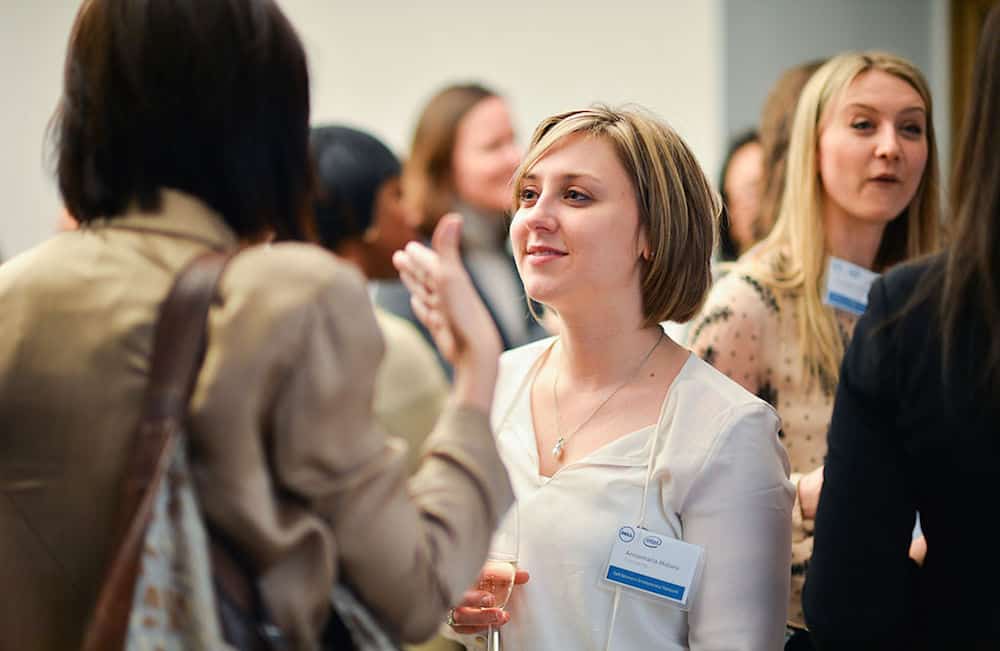
Jacki Zehner focuses her time and resources on helping women and girls advance their careers.
She brings expertise in the subject as the youngest woman and first female trader to make partner at Goldman Sachs. As the president of The Jacquelyn and Gregory Zehner Foundation, Zehner funds a wide variety of projects and organizations, with a particular focus on women’s rights, women’s foundations, movement building and media. Since 2012, Zehner has served as the chief engagement officer and was the founding president of Women Moving Millions (WMM), a community of more than 260 members who have collectively given over $1 billion to organizations and programs that focus on females.
In this interview, Zehner addresses the gender gap in the work force and her advice for women trying to advance their careers.
What is your No. 1 piece of advice for today’s woman in the work force?
Know your power. Often we assume we don’t have it or enough of it, but more often than not we do. If you are good at your job, you have power. And what I mean by that is not a ‘power over’ kind of power, but a ‘power to’ kind. That is a term I first heard from Gloria Feldt in her book “Power No Excuses,” which I recommend.
How does your work with Women Moving Millions expand upon this and specifically work towards closing the gender gap?
Women Moving Millions is all about supporting our members, and women more generally, to step into their power and capacity to be agents of positive change. More specifically, we invite women to give big and bold to organizations that primarily serve women and girls. Less than 20 percent of total philanthropic giving goes to females. Last time I checked, females make up 50 percent of the world’s population and give birth to the other 50 percent, so this is simply not acceptable. There is both a need and an opportunity that we are addressing. The need is around issues like poverty, violence against women and health, but the opportunity is that when you invest in women, they invest in their families and their communities.
Since you began your career, have you seen the gender gap close, and what key things still need to be done to create a more gender-egalitarian world?
Yes and no. I started my career at Goldman Sachs in 1988, left in 2002 and, since then, have been primarily engaged philanthropically, though I also invest in women entrepreneurs. When you look at the numbers over that time period in terms of percentage of women in leadership positions across sectors, levels of violence against women, the wage gap and so on, not that much has changed—or at least not as much as perhaps you would have expected. That said, attention and intention around these important issues has never been higher. What we need now is action, and new types of action, that make bigger and deeper investments in gender-based strategies.
What top three traits do you have that inspired you to be the youngest woman and first female trader invited into the partnership of Goldman Sachs?
I was always very motivated to do well in anything I put my mind to. I can’t say that when I joined Goldman my eye was on the prize of partnership; it was not. I just wanted to do well and succeed in my job. That said, once I did make partner, I truly realized how important it is to have female role models to look up to, and I have done my best to be that for other women.










